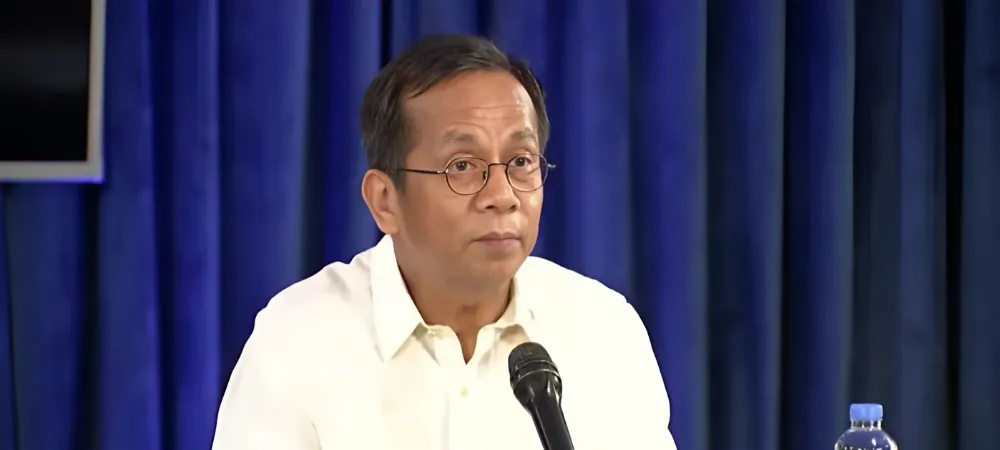Cabinet officials in the Philippines have not yet discussed the repeated calls from multiple sources within the country’s political establishment to ban the formerly named Philippine Offshore Gaming Operators (POGO). Despite ongoing debates, the topic has not reached formal discussions.
The Philippine Amusement and Gaming Corporation (PAGCOR) approved new regulations for POGO last July. These operators now fall under the designation “Internet Gaming Licensees” (IGL). This change marked a regulatory shift aimed at reforming the sector.
On Tuesday, Arsenio Balisacan, the National Economic and Development Authority (NEDA) Secretary, stated that cabinet officials have not raised the idea of banning online gaming licenses. He shared this update with the Manila Bulletin, clarifying the current government stance.
However, in September last year, Balisacan reportedly recommended banning POGO operations to President Ferdinand Marcos Jr. At that time, he emphasized encouraging legitimate investments instead. This recommendation sparked considerable public attention.
Recently, Ralph Recto, the Department of Finance (DOF) Secretary, expressed his intention to recommend halting POGO operations. He cited ongoing issues within the sector as reasons for this stance.
Previously, PAGCOR noted that some former POGO licensees damaged the sector’s reputation. These operators engaged in tax avoidance, illegal employment, and failed to pay proper fees. Such misconduct raised significant concerns.
Bienvenido Laguesma, the Department of Labor Secretary, told the Manila Bulletin that his agency stands ready to support workers affected by any regulatory changes. He emphasized the government’s commitment to protect labor interests.
Banning POGO in the country might require long, careful discussions among government officials. They must approach the topic with the country’s best interest in mind.
Ultimately, government leaders face a complex decision that balances regulatory integrity, economic impact, and public welfare.












